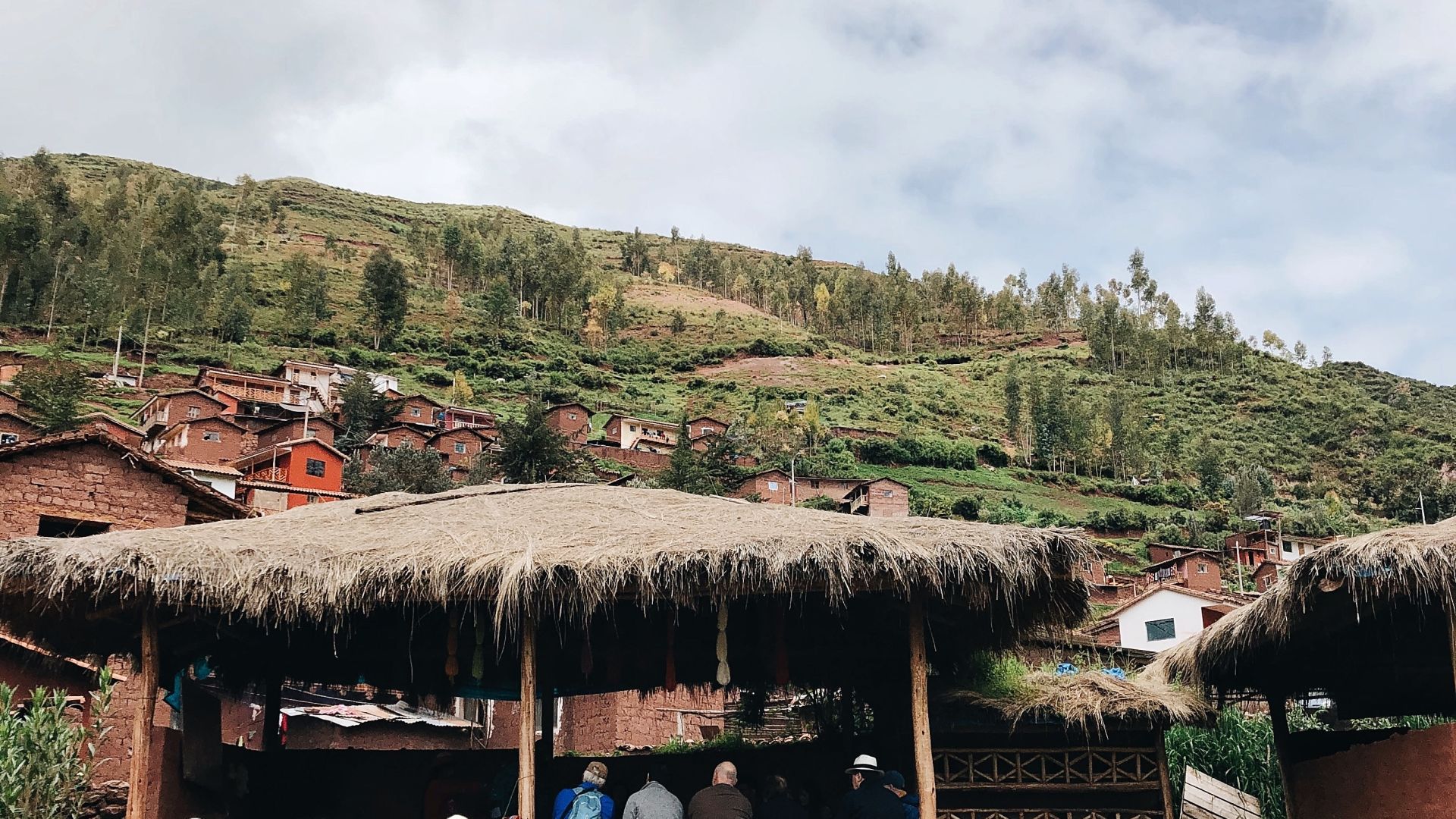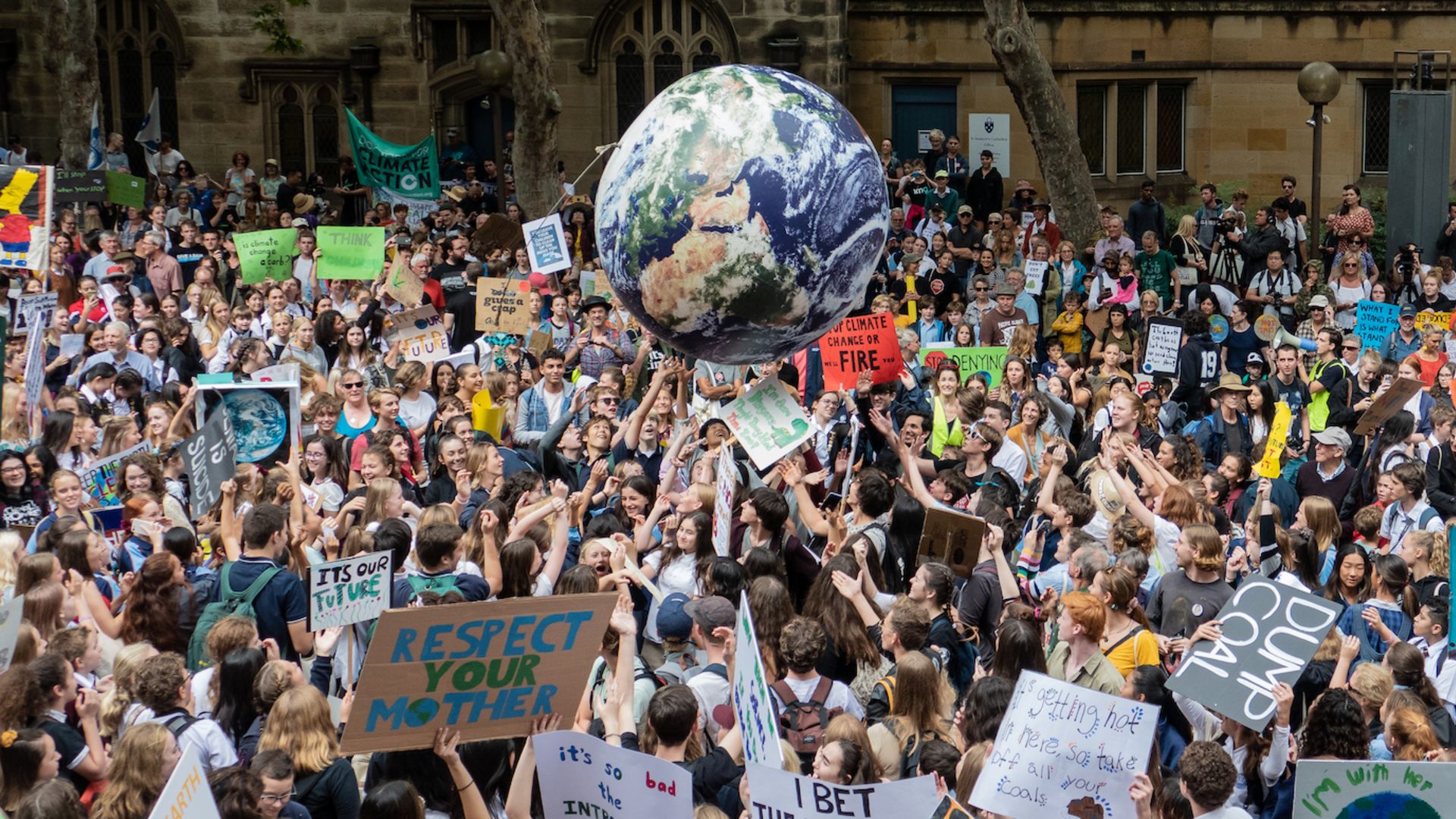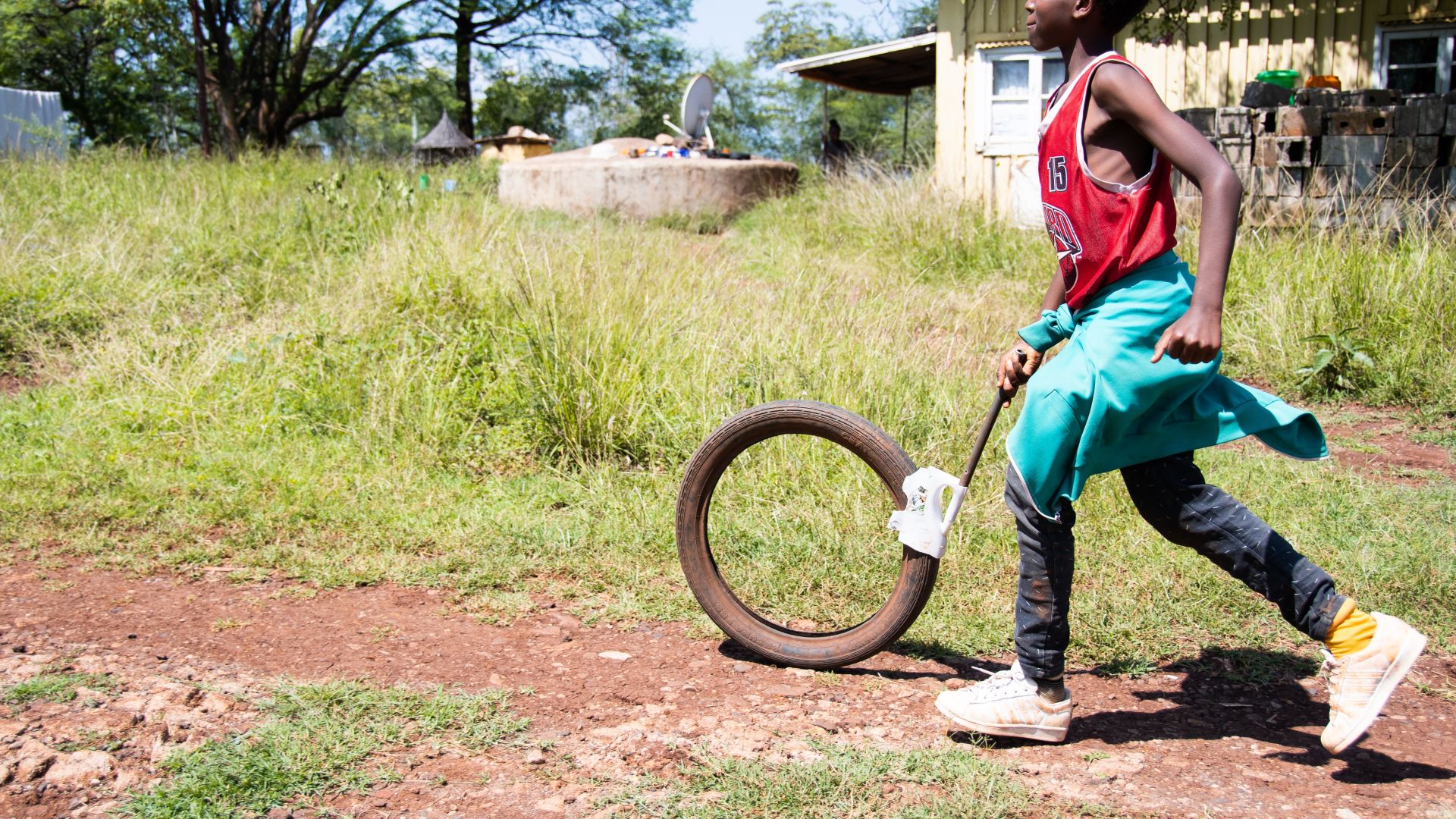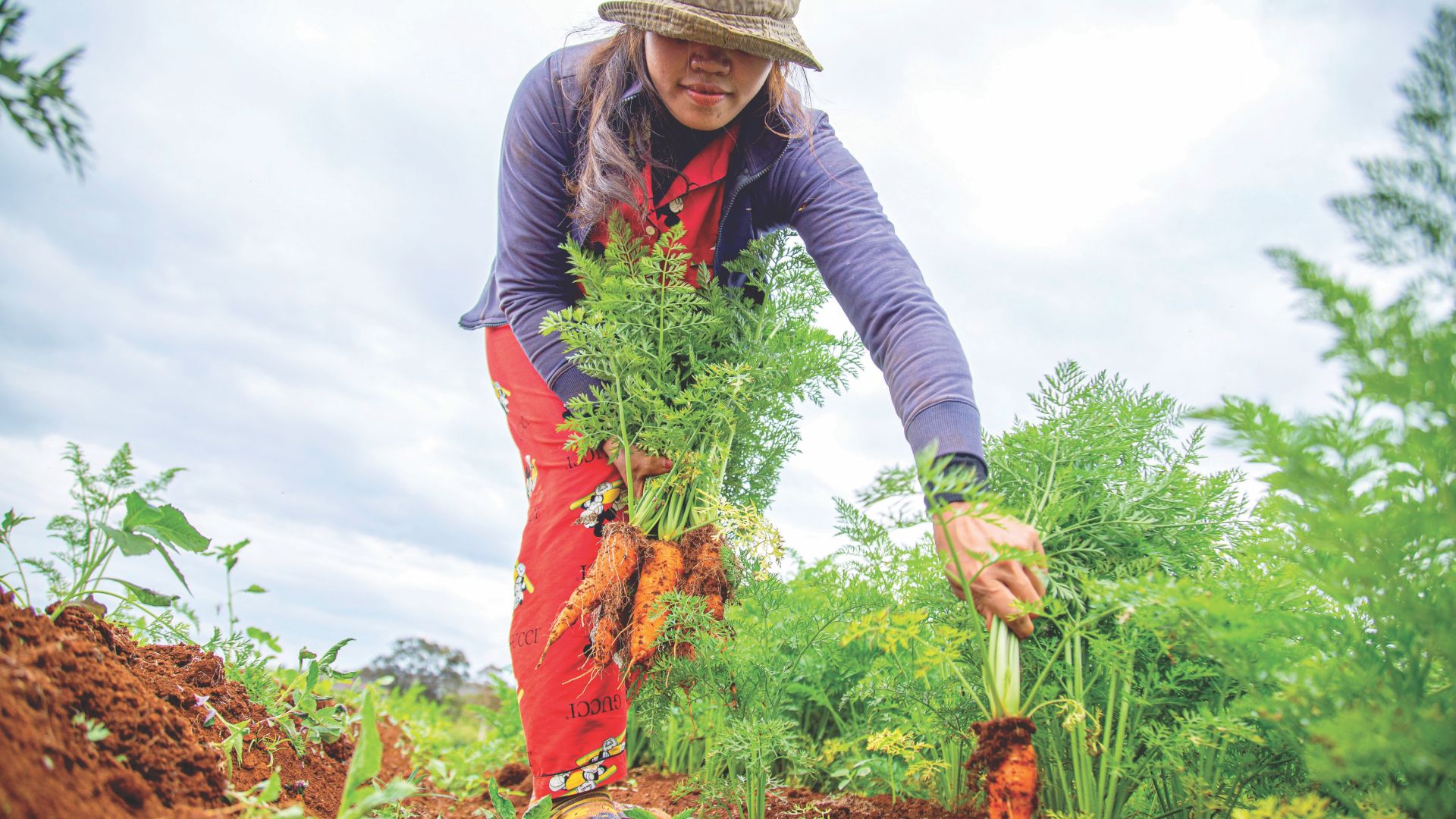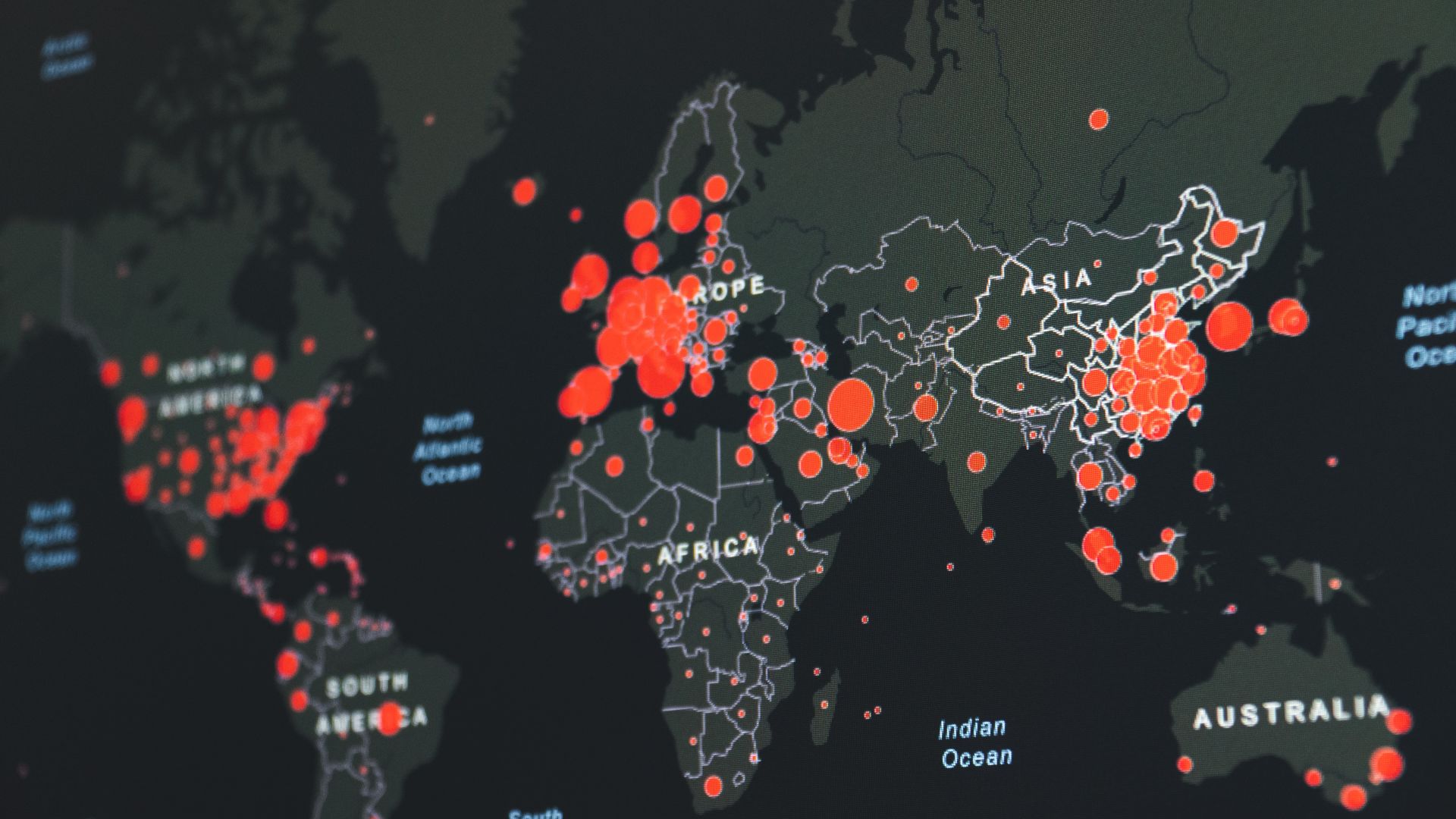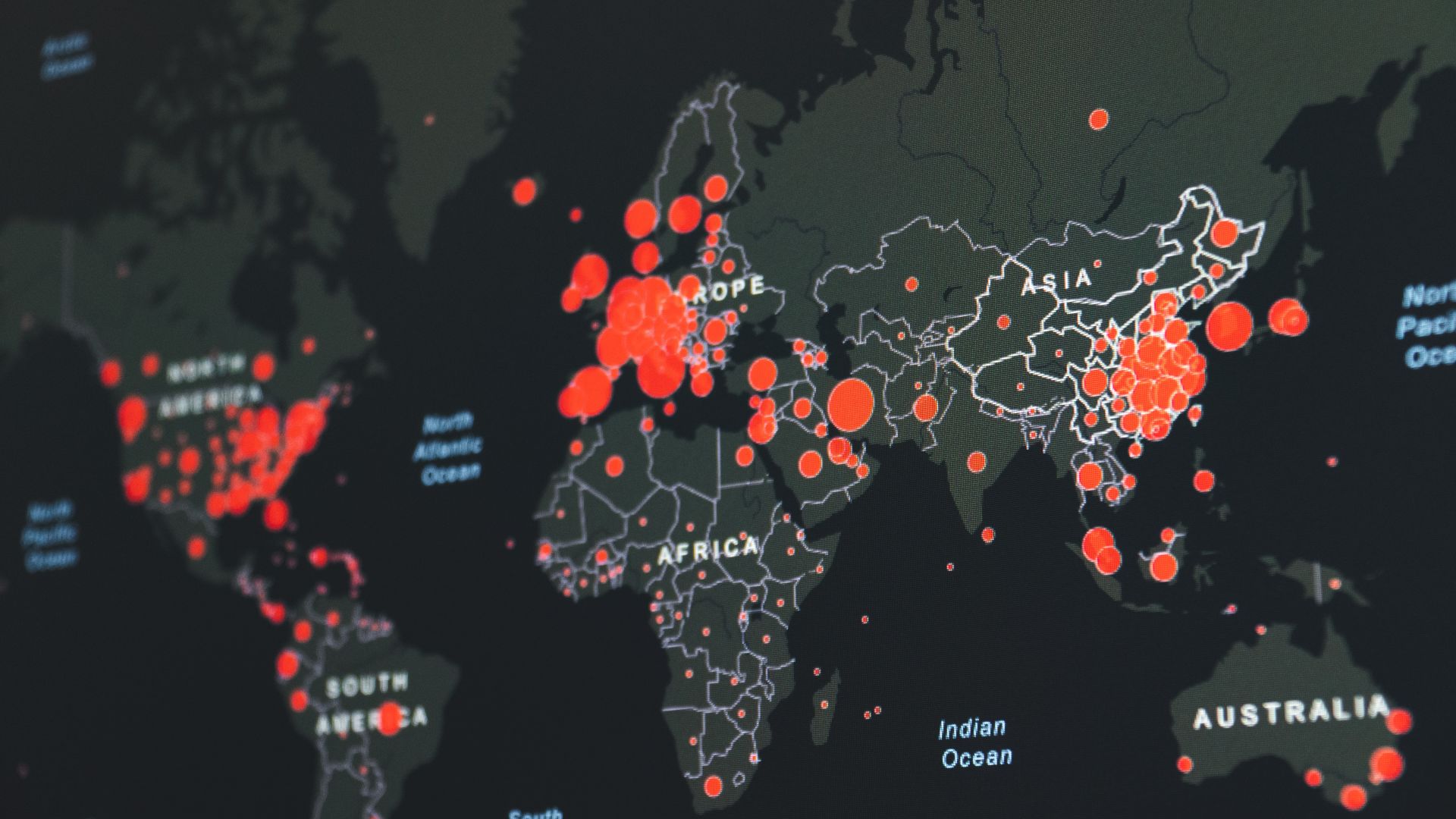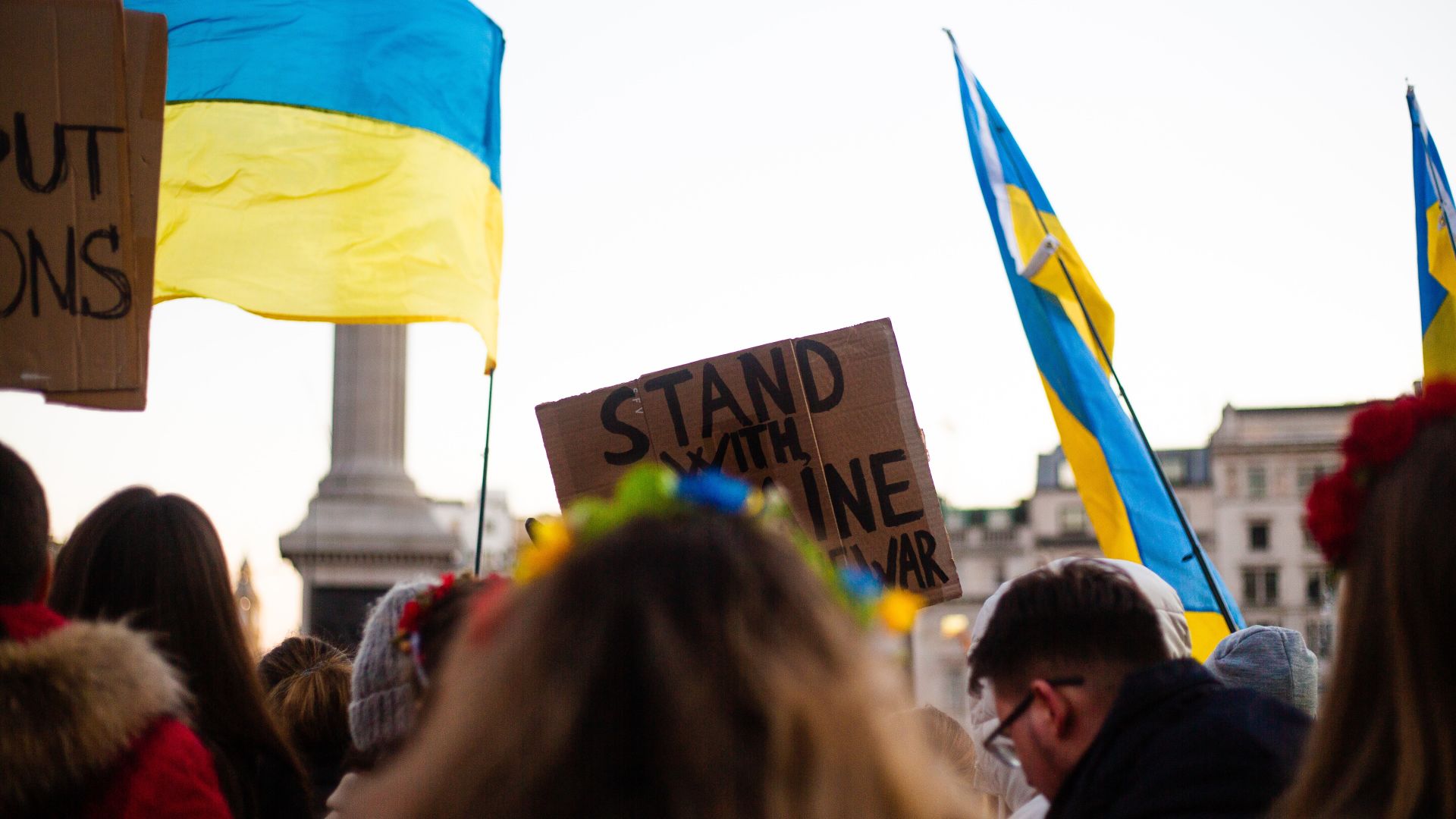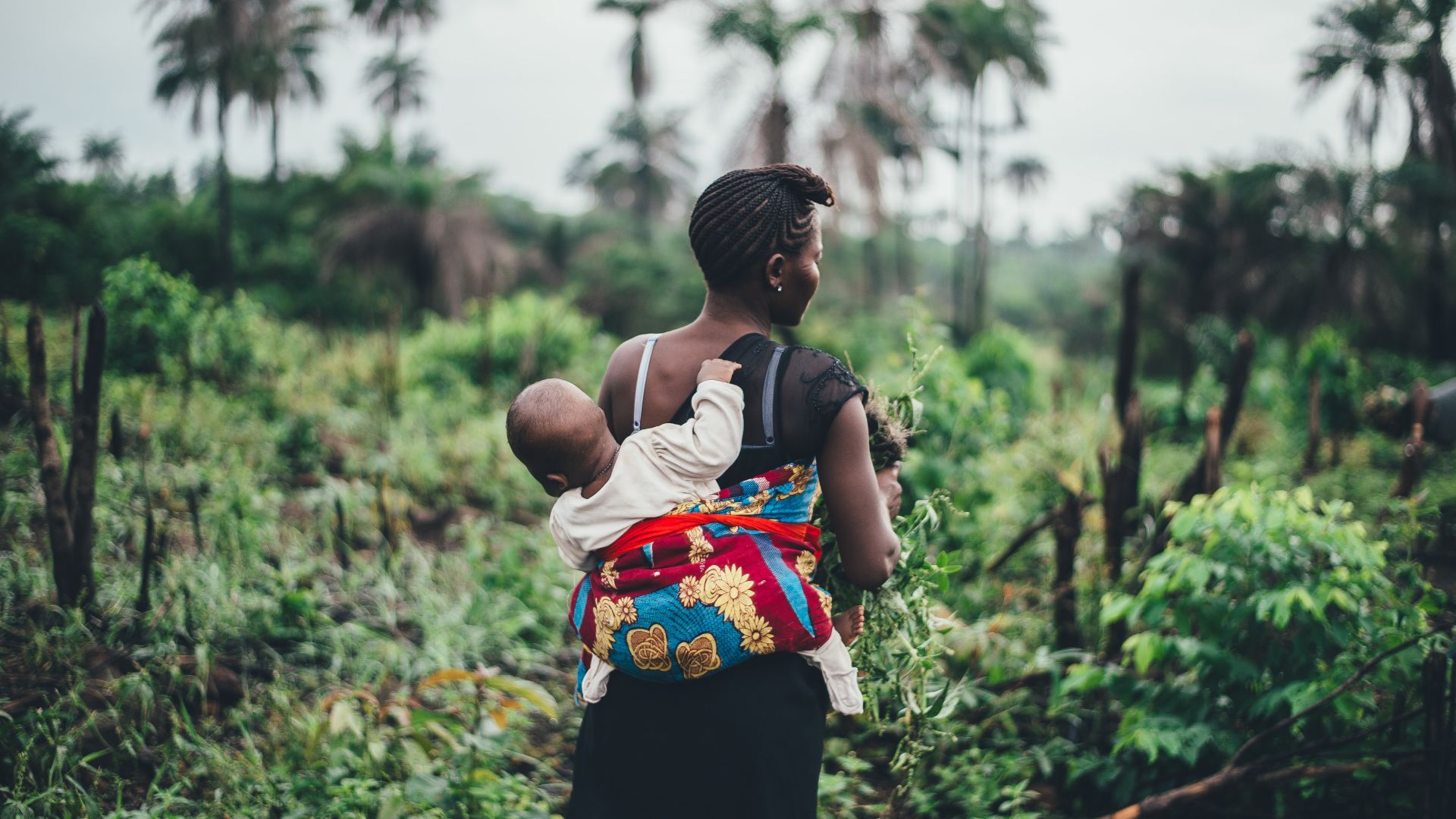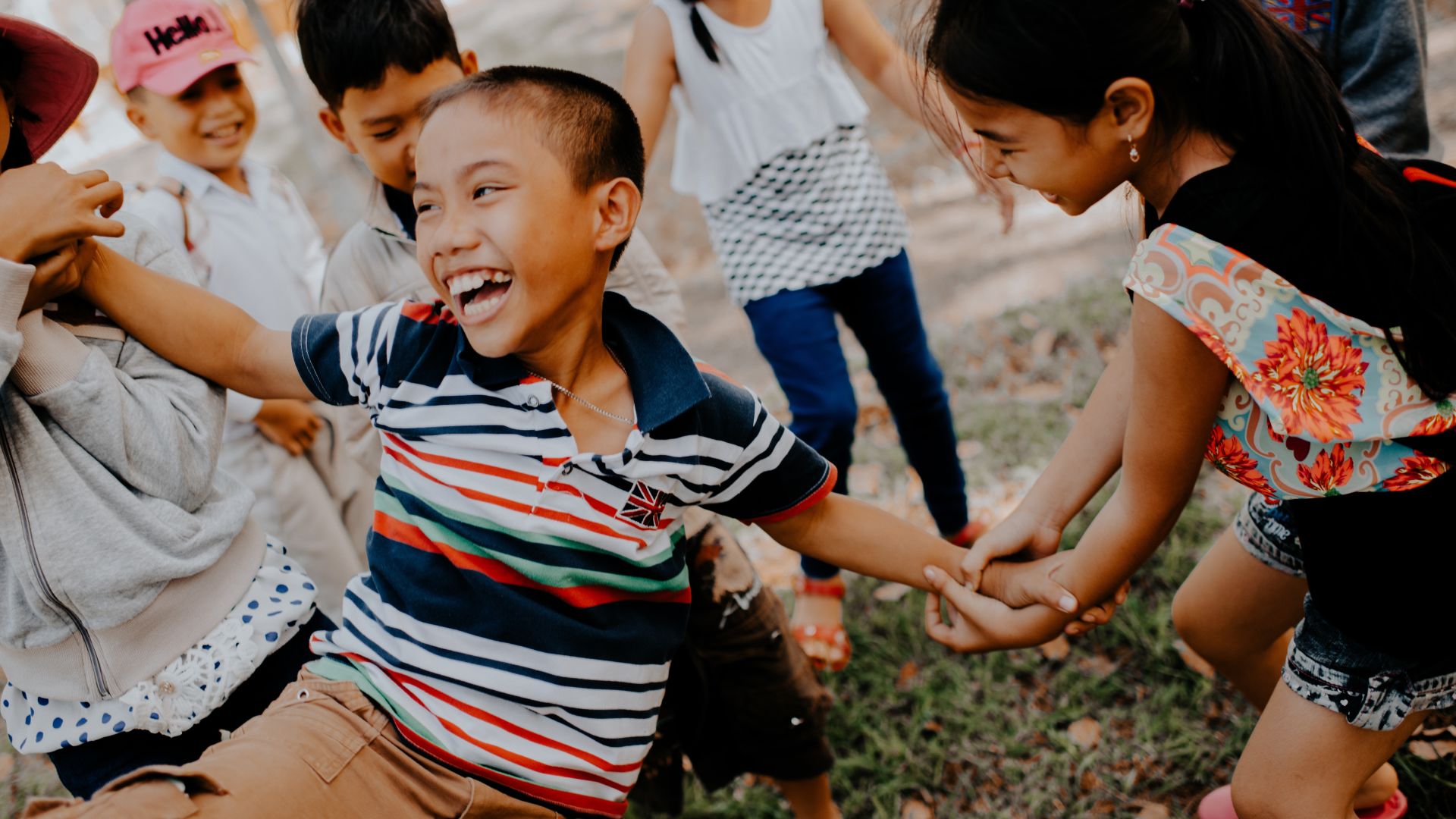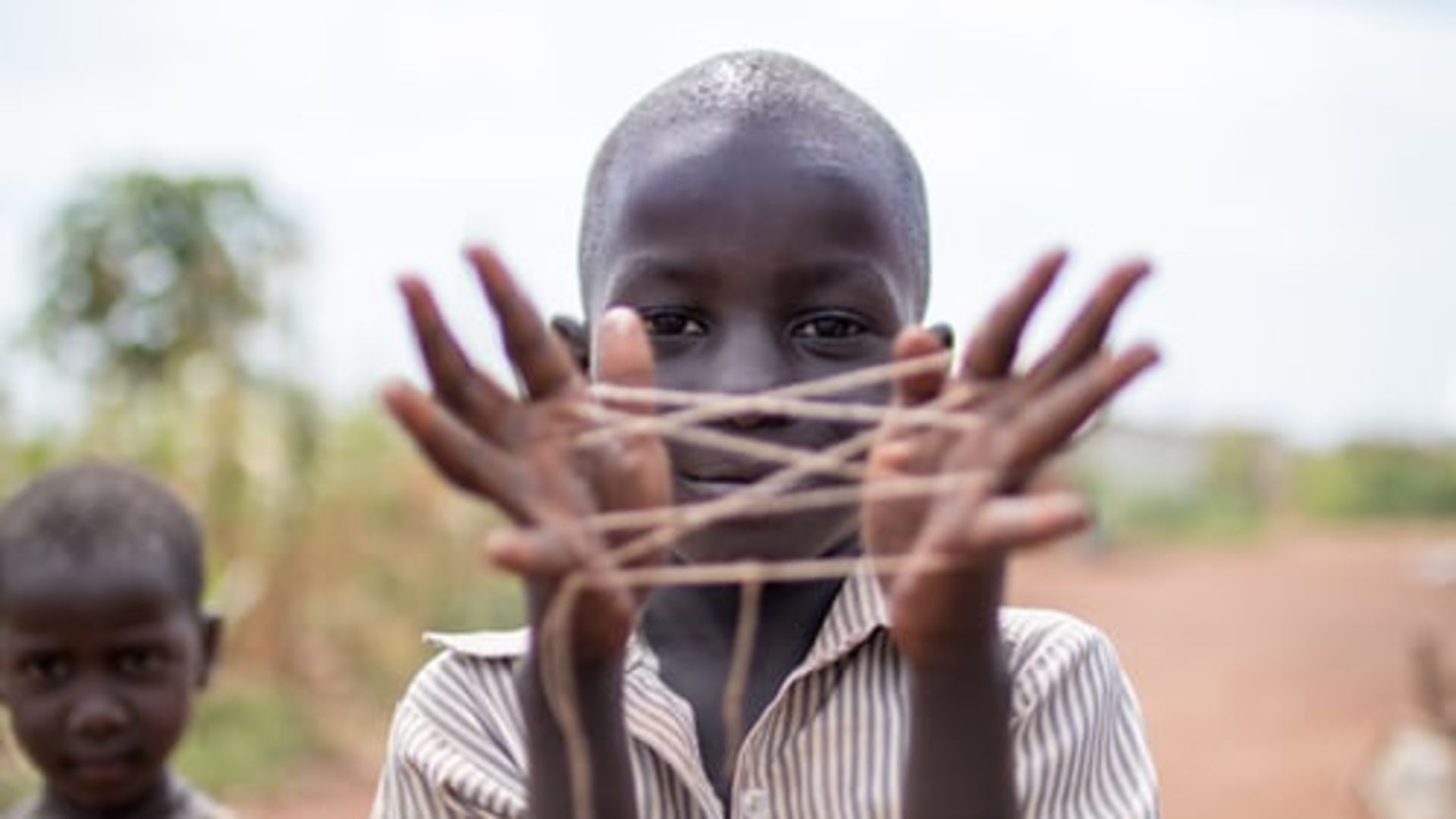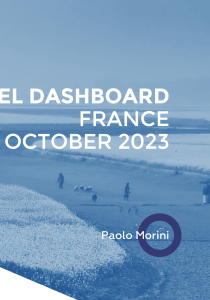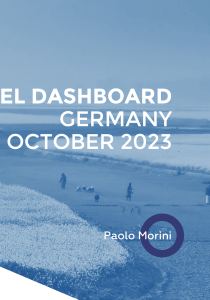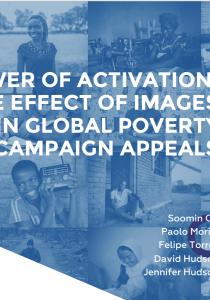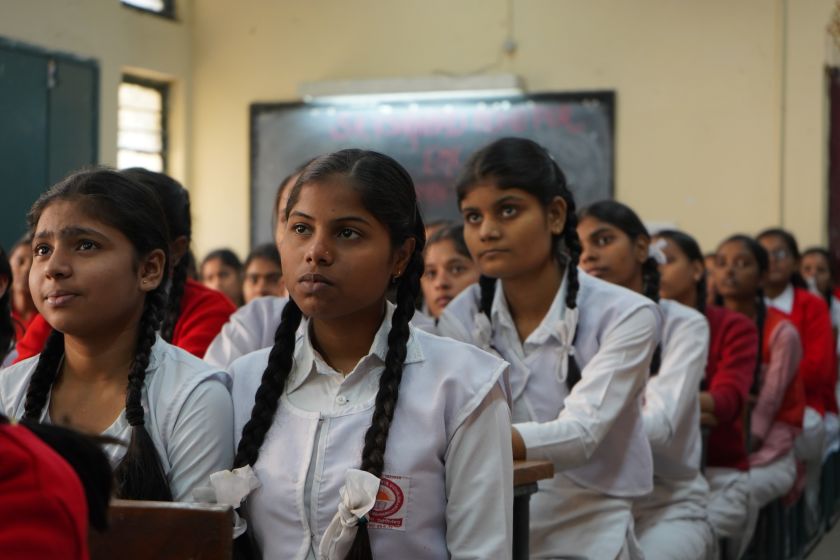
Before we begin, it is vital to highlight this is not a new conversation. Many people across the world, especially those affected by the damaging dominant narrative in the sector, have been critical of the narrative of ‘aid’ and ‘development’ for decades. These conversations are a way of exploring how we can work in solidarity with these voices.
The Importance of Communication
Too often, we dismiss communications as an add-on, or something we do to advance our other work. We fail to notice that we are communicating our messages all the time, both internally and externally. Whether we acknowledge it or not, this shapes how we, our supporters and the wider public understand the issues we work on. Cognitive linguistics and applied social psychology show us that the way we talk about global issues affects how people think, feel, and react to them.
The Current Narrative
The dominant story of global poverty told in the global North is one focused on charity, aid and so-called ‘international development.’ It is often portrayed as a matter of benefactors and beneficiaries, ‘empowerment’ and poorer countries ‘needing our help.’ Such public engagement appears in the mainstream as charity adverts that ask us to ‘donate now to help save lives,’ often accompanied by an image of an individual living in poverty and deprived of any meaningful context.
While charity and aid are important, the disproportionate role they play in the wider conversation on poverty eradication is damaging for a few reasons.
This idea that charity and aid are the solutions to poverty is reductive and misleading. It tells us that poverty and inequality can be overcome by ‘us’ giving to ‘others,’ failing to articulate how poverty is created. It also fails to acknowledge the role that the global North has, and continues to have, in creating the poverty that many countries are faced with. This creates both a smokescreen and distortional effect, throwing a veil over colonial history and distracting us from demanding action on the root causes of poverty. Root causes such as coercive neoliberal economic policies that allow tax havens to prosper, that undermine spending on vital public services such as healthcare and push for pro-private approaches that often serve to further entrench inequality.
These distortions inflict long-term damage. Individuals and communities in the Global South who are portrayed as victims reliant on help from the ‘saviours’ in the global North bear the brunt. Such an illustration of this relationship also undermines global solidarity, by creating ‘otherness’ with questionable, and often racist, power dynamics cemented in favour of the global North.
Not only is the narrative damaging, it does not work. Starkly declining public support off the back of decades of charity appeals demonstrates this.
Constructing a Just Narrative
So what are the alternatives? For one, we can articulate the issues we work on using a language that builds global solidarity, and simultaneously informs and engages us in order to address poverty at its core.
In this way, we position development as an issue of justice and reconceptualise aid as just one form of wealth redistribution within and between nations. This is especially significant in this age of global inequality, where the distinction between North and South can be perceived as increasingly obsolete.
A new approach opens up a space to share values, emphasize interconnectedness and talk about systemic issues in solidarity with communities adversely affected by unjust policies across the world. The reality is that whilst they affect us differently and to varying extents, the policies that create poverty in the rest of the world are often the same polices that create poverty in Europe.
Tools and Exploration for a New Narrative
At Health Poverty Action, we have been attempting to put this new narrative into practice, whether through workshops, conversations with other organisations or message testing. With our allies, we have also published a communications toolkit for anyone working on global poverty. The toolkit aims to provide the principles and practice organisations need in order to move their own communications toward a narrative that helps address the root causes of poverty and builds global solidarity. Given where the common language used to describe poverty and inequality has emerged, this guide is particularly relevant to those in the global North who have a responsibility to counter these harmful ways of communicating. However, we hope that the principles outlined here will prove useful for allies the world over.
Although many of the recommendations in this guide seem like common sense, enacting them can be a challenge. We recognise that old habits die hard. It can be time consuming to look over our work with a critical eye. However, it only gets easier the more we practice – which we will continue to do. This discussion only represents the start of our exploration. We see ourselves on a learning journey with this work and we won’t always get it right. There is much more to learn and many more conversations to be had with the sector, the public and with activists across the world. We are really looking forward to developing this work further.
We are clear that words matter. Articulating a vision of change is the first step to achieving global solidarity.

